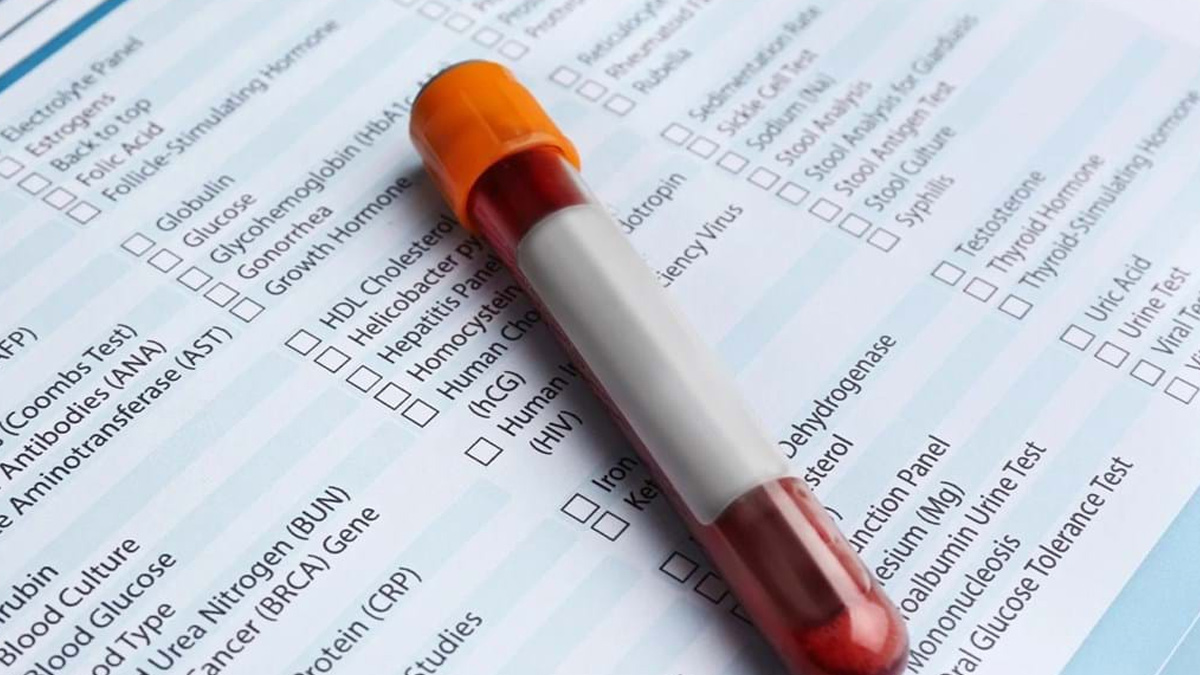
Scientists at King’s College London have made a significant breakthrough in identifying children who are at a higher risk of developing type 2 diabetes. Their study, published in Nature Medicine, suggests that a new blood test using lipids could provide an early warning system for metabolic disorders, including diabetes, liver disease, and heart complications.
Table of Content:-
Understanding the Role of Lipids
Traditionally, lipids have been categorized into good and bad cholesterol or triglycerides. However, recent research suggests that lipids play a much more complex role in metabolic health. The study indicates that specific lipid molecules contribute to health risks such as high blood pressure and insulin resistance, independent of a child’s weight. This challenges the widely held belief that cholesterol is the primary factor in obesity-related complications in children.

How the New Blood Test Works
The novel blood test analyzes thousands of different lipids present in the body using mass spectrometry. This advanced technique allows scientists to pinpoint lipid molecules linked to metabolic diseases. Since hospitals already use blood plasma testing machines, implementing this new diagnostic approach could help medical professionals detect early signs of disease in children and provide timely intervention.
Also Read: Weight Loss Medications Linked To Lower Dementia And Heart Risk: Study
Study Findings: A Step Toward Preventive Care
To validate the effectiveness of this test, researchers studied a group of 1,300 children with obesity. Among them, 200 participants underwent the HOLBAEK model, a lifestyle intervention program used in Denmark. After a year, the children in the intervention group showed reduced lipid markers associated with diabetes risk, insulin resistance, and high blood pressure, even though some did not experience significant changes in their body mass index (BMI). These results underscore the importance of targeting lipid composition rather than solely focusing on weight reduction.

Implications for Childhood Obesity and Diabetes Prevention
Obesity is a known risk factor for metabolic disorders, but this study highlights that lipid profile abnormalities can exist even in children who are not significantly overweight. Early detection through this blood test can empower doctors to intervene before a child develops severe metabolic complications.
Also Read: Tap Water 'Forever Chemicals' Linked to Cancer: Here's How to Lower Your Risk
Dr Cristina Legido-Quigley, the lead researcher, emphasised that the ability to analyze a broad spectrum of lipid molecules offers a novel way to assess disease risk. “By studying how lipid molecules change in the body, we can potentially prevent metabolic diseases like diabetes altogether,” she explained.

What’s Next?
The research team is now focused on understanding how genetic factors influence lipid profiles and what role they play in metabolic diseases. They aim to explore how lipid compositions can be altered through lifestyle modifications or medical interventions to improve health outcomes in children at risk.
Dr Karolina Sulek, a key contributor to the study, highlighted the significance of early recognition, stating, “This study reinforces the need for effective obesity management strategies and provides parents with evidence-based approaches to support their children’s health.”
Bottomline
This groundbreaking discovery has the potential to revolutionize early diabetes detection and preventive healthcare for children. By integrating lipid analysis into routine screenings, healthcare providers can take proactive steps in managing childhood obesity and metabolic disorders before they progress into life-threatening conditions.
Also watch this video
How we keep this article up to date:
We work with experts and keep a close eye on the latest in health and wellness. Whenever there is a new research or helpful information, we update our articles with accurate and useful advice.
Current Version
